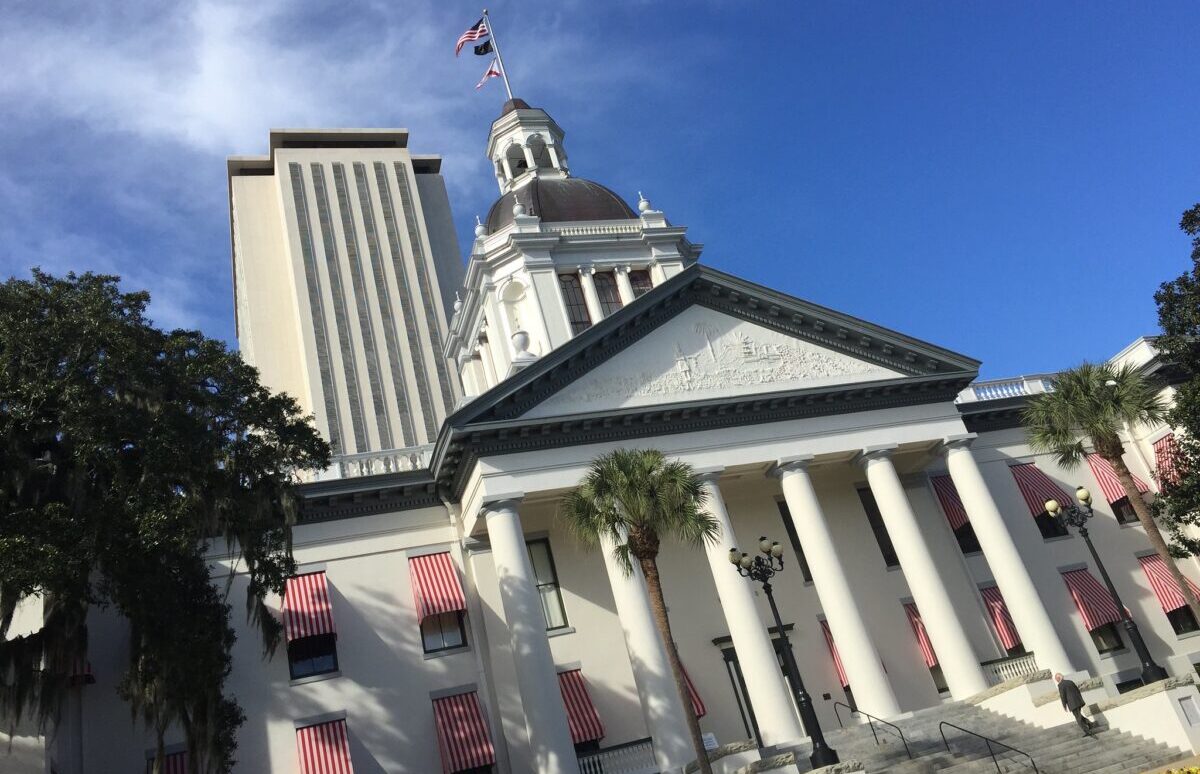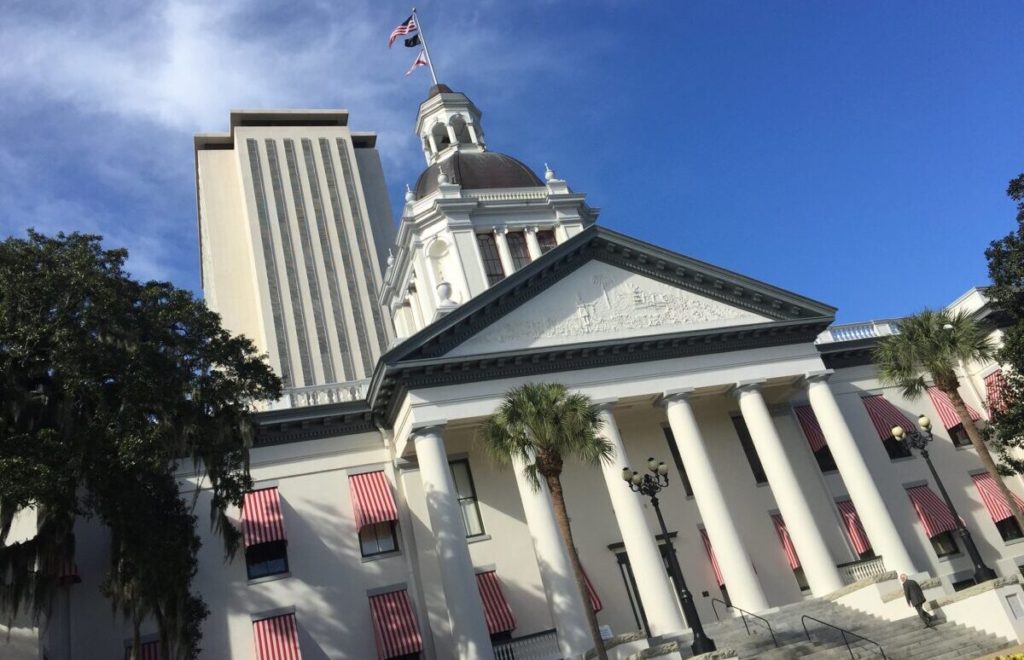Originally Authored at TheFederalist.com

Florida’s chief financial officer took an axe to the censorship regime with a new directive barring state financial service contracts with media-monitoring services such as NewsGuard and the Global Disinformation Index.
Florida Chief Financial Officer Jimmy Patronis unveiled the proclamation Wednesday to ban agency partnerships with groups that deliver news credibility ratings that “are often rooted in political disagreements, subjective biases, and viewpoint discrimination, rather than factual inaccuracies, thereby amounting to censorship and blacklisting.” Such ratings have been weaponized to censor non-leftist content with misinformation labels for factual reporting on stories such as Hunter Biden’s laptop.
“No taxpayer money from my agency will fund censorship on my watch, and no Florida business should suffer simply because it expresses views that these groups don’t like,” Patronis said in a press release. “Such news and information ratings activities appear to be part of a larger effort to create social credit scores, similar to ESG, that result in debanking and deplatforming legitimate private entities. That’s wrong, and I will use my authority as CFO to protect businesses and consumers against these abusive tactics.”
The directive prohibits the Department of Financial Services from brokering contracts with censorship services such as NewsGuard, one of the most popular web extensions that’s been deployed in K-12 classrooms across the country with the help of federal funding. NewsGuard rates the credibility of news organizations to redirect users to what the pro-censorship group’s administrators approve as credible. The censorship tool scored legacy outlets — such as Politico, NPR, and the New York Times — with perfect credibility, despite their history of false reporting on major news, including Spygate, unsubstantiated Brett Kavanaugh allegations, and Biden family corruption. Meanwhile, it gave other outlets which correctly reported on these stories failing grades.
The Global Disinformation Index (GDI) is another massive censorship operation with taxpayer funding that suggests to advertisers what websites are worth spending precious marketing dollars on. The index was exposed last year for keeping a list of blacklisted websites, which included The Federalist, The American Spectator, Newsmax, The American Conservative, One America News, The Blaze, The Daily Wire, RealClearPolitics, Reason, and the New York Post. GDI’s partners have included the U.S. State Department and previously the National Endowment for Democracy, the latter of which is almost entirely funded by the former. In June, the House Oversight Committee opened a probe into the censorship regime’s use of such “disinformation” services to crack down on dissident speech.
Moreover, in December of 2023, the state of Texas, along with The Federalist and The Daily Wire, issued a lawsuit against the State Department for its funding of NewsGuard and GDI. The lawsuit alleges that through these organizations the State Department “is actively intervening in the news-media market to render disfavored press outlets unprofitable by funding the infrastructure, development, and marketing and promotion of censorship technology and private censorship enterprises to covertly suppress speech of a segment of the American press.”
[READ: Why NewsGuard Is Just As Bad As The Pro-Censorship Global Disinformation Index]
NewsGuard and GDI were explicitly named in Wednesday’s proclamation with Graphika Technologies, in addition to “other similar organizations [which] are attaching largely subjective ‘credibility ratings’ and ‘misinformation’ labels to news sources.” Graphika is a vehicle of artificial intelligence aimed at countering “disinformation” and was named by Time Magazine as one of the top 100 most influential companies in 2023.
Patronis had previously tried to implement Wednesday’s proclamation across the entire state government through legislation, but the effort failed at the end of the last legislative session.
“I may not be able to control it on a statewide, but I can definitely do that within our office,” Patronis told The Federalist, adding he hopes the move to prohibit partnerships between censorship groups and his agency of more than 3,000 will inspire lawmakers to take up the issue again in his own state, and others.
“We turn up the visibility of the issue” to “catch some momentum,” and “and then ultimately Washington reacts,” he added.
